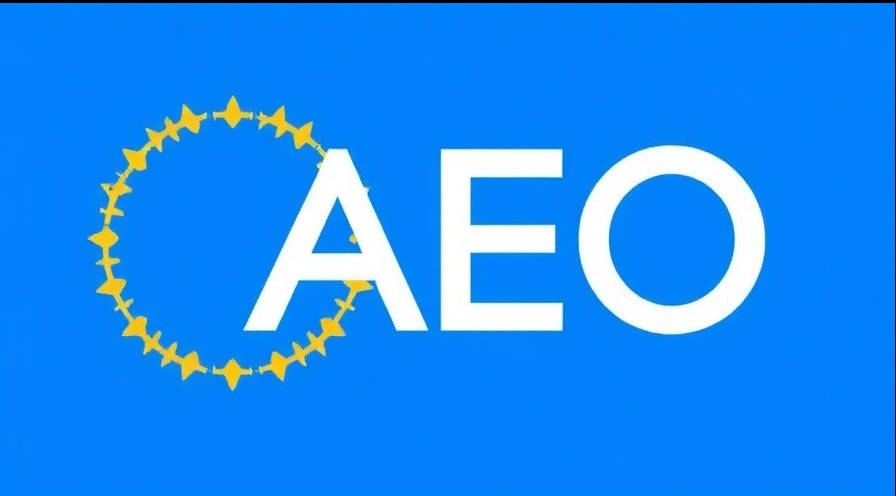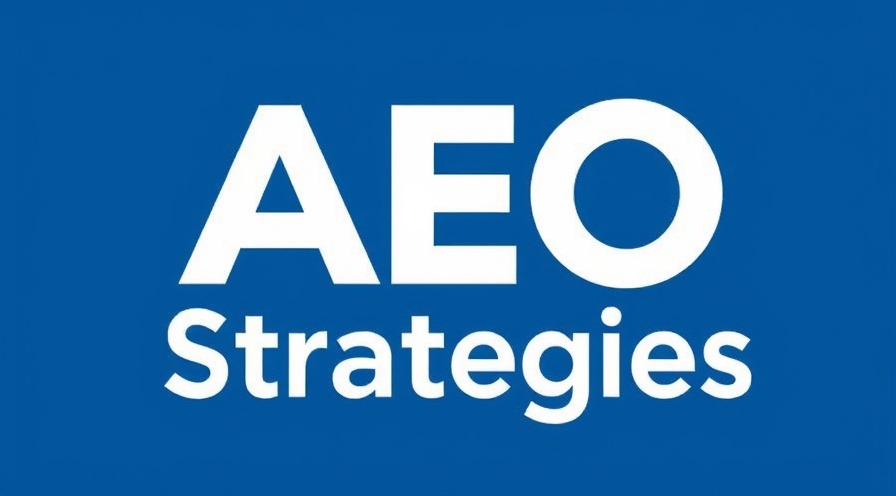
Ask & Answer Engine Optimization: What Small Business Owners Need to Know
The New SEO Frontier That Could Transform Your Online Presence
Are you still focusing all your digital marketing efforts on traditional SEO? While showing up in Google's search results remains crucial, there's a new player in town that savvy small business owners are leveraging: AEO. But wait—is that Ask Engine Optimization or Answer Engine Optimization? And how does it differ from the SEO strategies you've been using for years?
Let's clear up the confusion and explore why mastering AEO might be the competitive edge your small business needs.
What Exactly Is AEO? Breaking Down the Acronym
AEO actually stands for two related but distinct concepts: Ask Engine Optimization and Answer Engine Optimization. Think of them as two sides of the same digital coin.
Ask Engine Optimization focuses on optimizing your content to appear when users ask question-based queries. This approach targets voice searches and question formats that have become increasingly common as people interact with Siri, Alexa, and similar tools.
Answer Engine Optimization concentrates on positioning your content as the best answer to these questions. It's about creating content that digital assistants and search engines recognize as the most helpful, accurate response.
Fun fact: If you've ever asked Alexa a question and heard "According to [website]..." — that website has mastered Answer Engine Optimization. They're not just ranking; they're being quoted as authorities!

AEO vs. SEO: Same Digital Family, Different Approaches
Traditional SEO and AEO share DNA but operate on different principles:
SEO (Search Engine Optimization)
Focuses on ranking for keywords
Often targets shorter search phrases
Prioritizes website traffic and visibility
Optimizes for links, keywords, and technical factors
AEO (Ask/Answer Engine Optimization)
Targets conversational questions
Optimizes for featured snippets and voice search results
Prioritizes providing direct, concise answers
Focuses on user intent and conversational content
Think of SEO as getting you to the library, while AEO ensures your book is the one that gets pulled off the shelf and read aloud.
Why Small Business Owners Should Care About AEO
As a small business owner, you might be thinking, "Great, another digital marketing acronym to worry about!" I hear you—but this one's actually worth your attention. Here's why:
1. It Levels the Playing Field
Unlike traditional SEO where bigger companies with bigger budgets often dominate, AEO rewards expertise and specificity. Your local plumbing business can outrank national chains by providing the best answer to "How do I fix a leaking bathroom faucet in an old Victorian home?"
Remember when David beat Goliath? Think of AEO as your digital slingshot.
2. It Aligns With Changing Search Behaviors
By 2025, voice search is projected to account for nearly 50% of all searches. People don't speak in keywords—they ask questions. "Italian restaurants near me" becomes "Where can I get authentic lasagna within walking distance?" AEO positions you to capture this traffic.
3. It Builds Authority in Your Niche
When your business consistently appears in featured snippets and voice search results, you're not just gaining traffic—you're establishing authority. This translates to greater trust and higher conversion rates.
4. It Drives High-Intent Traffic
Someone asking a specific question often has higher purchase intent than someone browsing general keywords. By targeting these questions, you're reaching customers closer to the decision stage of their journey.

How Small Businesses Can Implement AEO Strategies
Ready to optimize for both ask and answer engines? Here's your small business roadmap:
Identify Your Question Ecosystem
Start by listing the questions your customers actually ask. Check:
Customer service emails and calls
Social media comments
FAQ sections of competitor websites
"People also ask" sections in Google results related to your industry
Create Content That Directly Answers These Questions
Develop FAQ pages with concise, accurate answers
Structure blog posts around specific questions
Use clear headings that contain the question
Provide comprehensive answers in the first paragraph, then elaborate
Format for Featured Snippets
Use bullet points and numbered lists
Include tables for comparisons
Keep paragraphs short and focused
Use schema markup to help search engines understand your content
Optimize for Voice Search
Use natural, conversational language
Target long-tail, question-based keywords
Focus on local search queries if you serve a specific area
Consider the context of voice searches (often on-the-go, local intent)

Final Thoughts: Can Small Businesses Afford to Ignore AEO?
The short answer is no. As search engines evolve from keyword-matching tools to answer-providing assistants, your optimization strategies need to evolve too.
The good news? Small businesses are often nimbler than their larger competitors. You can adapt your content strategy faster and speak more authentically to your specific audience's questions.
By embracing both Ask Engine Optimization and Answer Engine Optimization alongside traditional SEO, you're not just preparing for the future of search—you're positioning your small business as the go-to authority in your niche today.
And in a world where everyone's asking questions, being the best answer is a powerful place to be.
 Add Row
Add Row  Add
Add 



